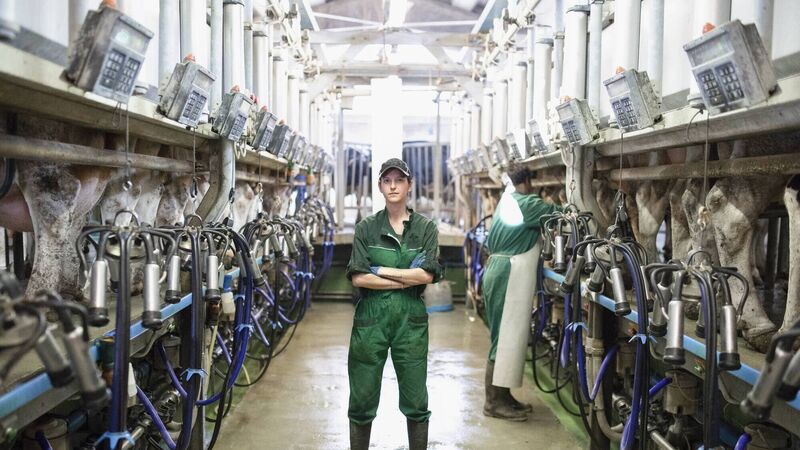The efforts to increase the number of Ireland's female farmers

Women rarely inherit land due to the inter-generation transfer of farms through the male line yet are very involved in livestock care and other farm work, contribute to agribusiness and voluntary bodies and in sustaining rural life.
Women Drive Tractors Too’ was the title of a book published in 2005 to highlight the role of females in agriculture.
Written by Mary Carroll, a former Equality Officer with the Irish Farmers Association, it tells the stories of 18 farm women, which are still largely relevant today.











